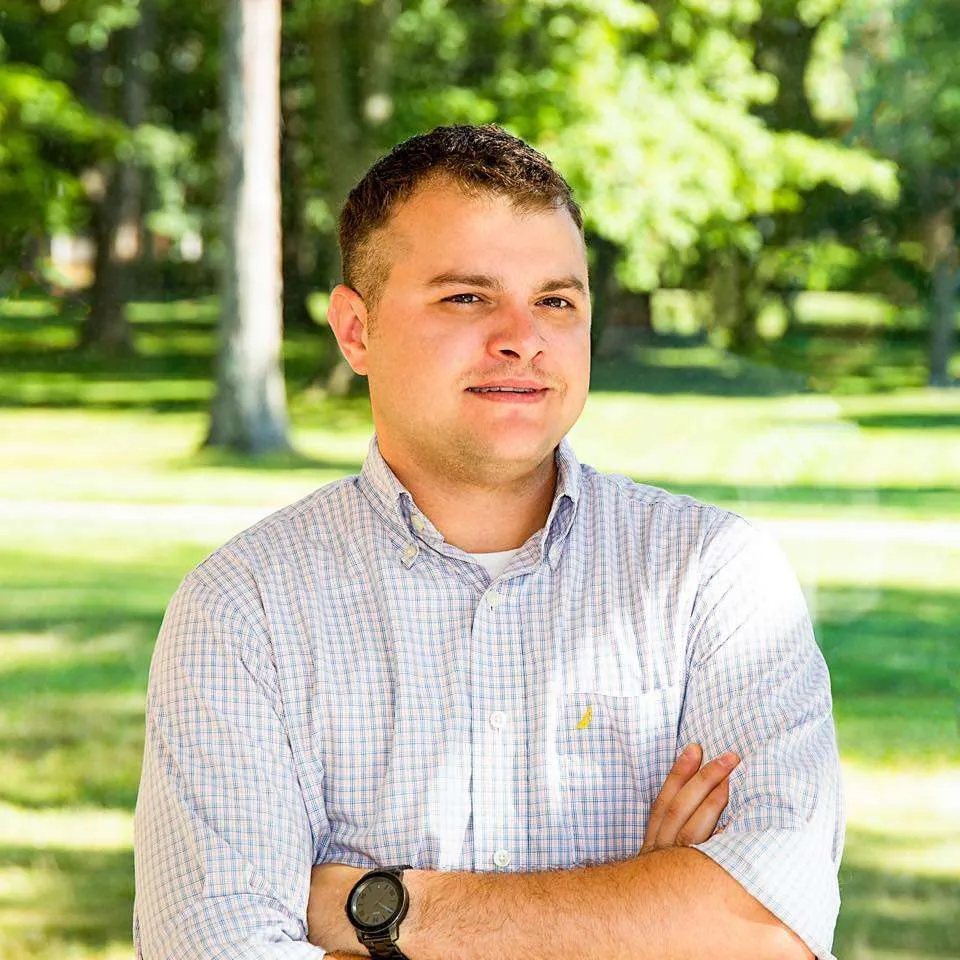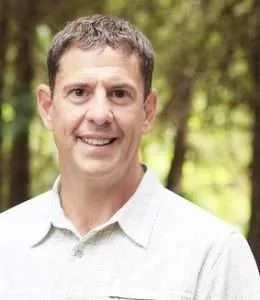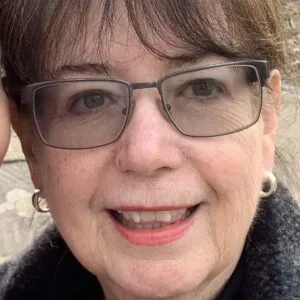Editorial Note:
This profile Austin H Johnson, PhD is brought to you through a partnership between Applied Worldwide and the American Sociological Association’s section on Sociological Practice and Public Sociology. Thank you to ASA and all those who made valuable contributions to the Profiles in Applied & Clinical Sociology series.
This profile is presented as part of a larger project with the intentions of: 1) providing students with examples of applied sociology, 2) providing market value to sociological skills and services, and 3) promoting the work of individual sociological practitioners and organizations.
Austin H Johnson, PhD
Austin H Johnson earned his BA in sociology from the University of South Carolina Upstate before continuing his sociological training at Kent State Univerity where he earned an MA and PhD in Sociology. As an applied sociologist, Dr. Johnson offers “consultation services to healthcare providers, systems, and institutions aimed at increasing inclusivity of LGBTQ people.” He also offers “consultation services to advocacy, direct service, and mutual aid organizations to create community engaged data collection projects aimed at developing evidence-based interventions to improve the life chances of queer and trans people in underserved areas.” When we asked Dr. Johnson how he established himself as an applied sociologist, he told us:
I pursued Sociology because of its radical potential to change the way we understand inequalities. I always knew that I would put my training to use for the betterment of my communities, it was simply a matter of seeking out opportunities that would allow me to do so. This was not a side project, but was central to my understanding of myself as a Sociologist. I began to incorporate community engaged and applied sociological work into all of my courses, I have identified community partners for every new data collection project, and I have centered the ‘so what?’ and the ‘what’s next?’ in all my scholarship.
Read the full interview with Dr. Johnson below for more insight and advice on pursuing a career in applied sociology and connect with him on Twitter here!
Using Sociology in Practice
To begin, can you briefly describe the work you do as an applied or clinical sociologist?
My applied work focuses primarily on the health and well-being of LGBTQ people in the American South. I regularly partner with advocacy, direct service, and mutual aid organizations to develop and direct community engaged research projects aimed at developing evidence-based interventions to improve the life chances of queer and trans people in underserved areas. As Research Director of the Southern LGBTQ Health Initiative at Campaign for Southern Equality, I lead an interdisciplinary team of sociologists, political scientists, public health researchers, and community organizers who are committed to conducting community-based research across the South on the health attitudes, behaviors, and experiences of LGBTQ folks throughout the region. Through this partnership, I have completed three data collection projects to date. The first, a series of focus groups with 48 trans and non-binary people in Asheville, NC, Greenville, SC. Selma, AL, and Memphis, TN. The second, a digital survey administered to 5,617 LGBTQ Southerners throughout the region. The third, an in-depth, one-on-one interview project with grassroots leaders organizing for LGBTQ health around the South. Reports from the first two projects are publicly available online, with a report from the third forthcoming. We are currently developing a project that focuses on the experiences of LGBTQ youth in the American South.
You can view those publically available reports here:
- 2018 Southern Trans Health Focus Group Project
- 2019 Southern LGBTQ Health Survey
- LGBTQ Health in Georgia
- LGBTQ Health in South Carolina
- LGBTQ Voting in the South
- Health Experiences of Black Trans Southerners
How do you use sociological research methods in practice?
Sociological methods give us the tools to systematically study the goings on of our everyday lives. We are social creatures ourselves, and it is sometimes hard to recognize patterns or grasp experiences that differ from our own. Sociological methods provide us the with tools to place our social experiences in context and in conversation with the range of experiences in our social world.
How do you use sociological theory in practice?
Sociological theory provides a structured approach to understanding social inequality. It pulls me out of my passionate response to the moment, and shifts my attention to the mechanisms, the processes, and the potential transformations of everyday life.
Lessons for Future Practitioners
What types of courses should undergraduate students take in preparation for a career similar to yours?
Social Problems and Social Inequalities
Research Methods and Statistics
What types of courses should graduate students take in preparation for a career similar to yours?
Research Methods: Qualitative, Quantitative, & Mixed-Methods
Theory: Classical and Contemporary
Topical courses related to your interests: For me, Medical Sociology, Social Psychology, and Social Stratification
What types of experiences should undergraduate students seek in preparation for a career similar to yours?
Jobs, internships, or volunteer opportunities with stakeholders in your community who are invested in similar issues.
What types of experiences should graduate students seek in preparation for a career similar to yours?
Jobs, internships, or volunteer opportunities with stakeholders in your community who are invested in similar issues. Opportunities to partner with community stakeholders in data collection projects for theses or dissertations.







